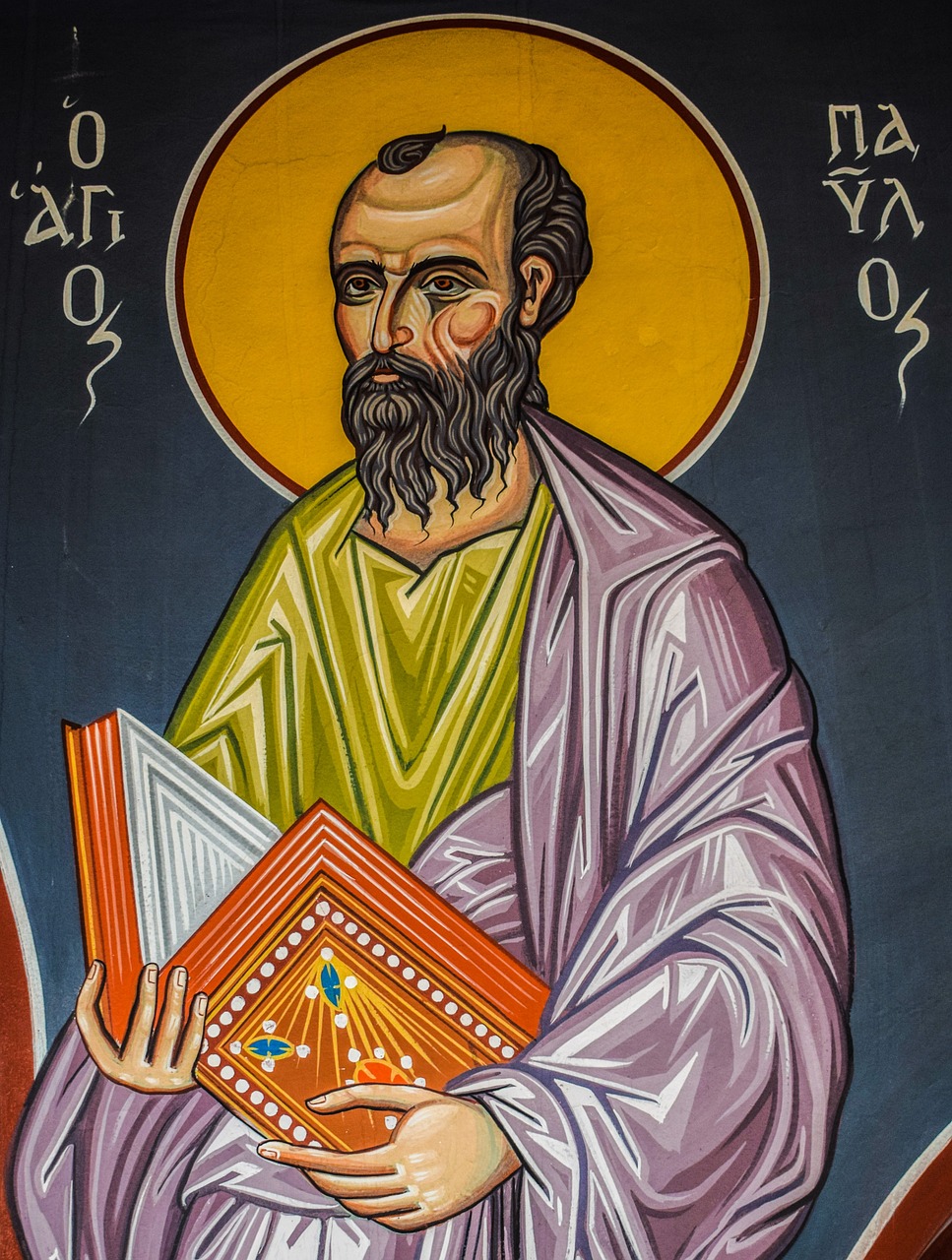The teaching of Jesus, St John and Meister Eckhart brings out the importance of recognizing the two sides of our human nature. The moment we realize that we are both Martha and Mary, that beyond the active ‘ego’ there lies our spiritual being is seen by Meister Eckhart as the ‘Birth of Christ in the Soul’. Our work of meditation/contemplation facilitates this insight and enables the necessary integration of these two sides of our being. We do not stop ‘doing’; the ‘ego’ needs to do what we are called to do, but our true spiritual ‘being’ infuses our ‘doing. St John holds Jesus up as an example of the perfect integration of the human and the Divine.
This sudden awareness of the deeper, more important part of our being was called by the early Christians ‘metanoia’, a total change of perspective on reality. St Paul’s moment was a dramatic one, as we all know, but as Laurence Freeman explains:
“His conversion was just the beginning …..there are other descriptions of mystical import ….In Chapter 12 of the second Letter to the Corinthians Paul refers to an experience of being ‘caught up into paradise’ (‘whether in the body or out of the body I do not know – God knows’) in which he heard ‘words so secret that human lips may not repeat them’. It has similarities in expression to Jewish apocalyptic mysticism but is unique too, especially in being so clearly autobiographical. The significance of his recounting this, however, is not to ‘boast’, which he says does no good, but to insist that people form an estimate of him on the basis of what they see, that is to say his human weakness. What is he like, this individual apostle who had received such a great mystical grace? Surprisingly but significantly, just like us. He goes straight on to say that he was given a ‘thorn in the flesh’ to keep him humble, an affliction, which, despite his prayers, God did not lift from him. Thus he was kept weak and humble while being empowered with a great, guiding grace to fulfil his mission.
And it is the weakness not the mystical experiences he is proud of because the ‘power of Christ ‘rests on the weak and divine power is seen fully only in human weakness. ‘For when I am weak then I am strong’. (2 Cor 12:10) Here we see the essential renunciation of power that is at the heart of the mystery of Christ and the Christ-centred life. Christian mysticism focuses not only on the subjective experience, which can so easily puff the ego, but even more on the work of God in the greater context of the world and the service of others. Thus Julian of Norwich is in a great tradition when she understood her ‘revelations of divine love’ as being given her for the benefit of others.”
Paul never lost the human, the ‘Martha’ side of his nature, but it was the human side enlightened by the deeper, spiritual part of his being that infused all he did. ‘It is no longer I who live but Christ who lives in me’. That insight gave him the strength and perseverance to guide others and point to the ‘beyond’ of our being and of Reality as a whole.
Image by Dimitris Vetsikas from Pixabay





